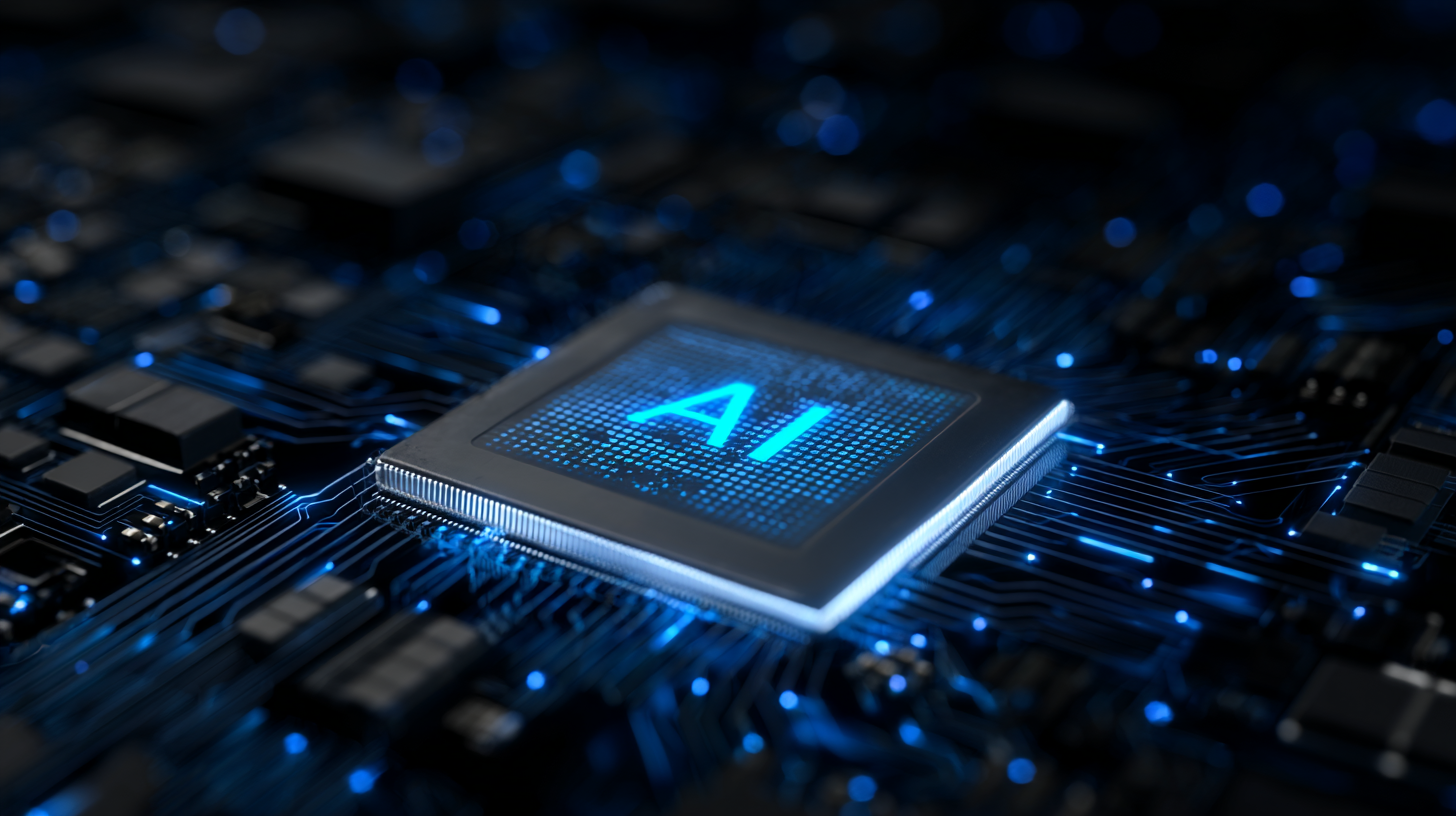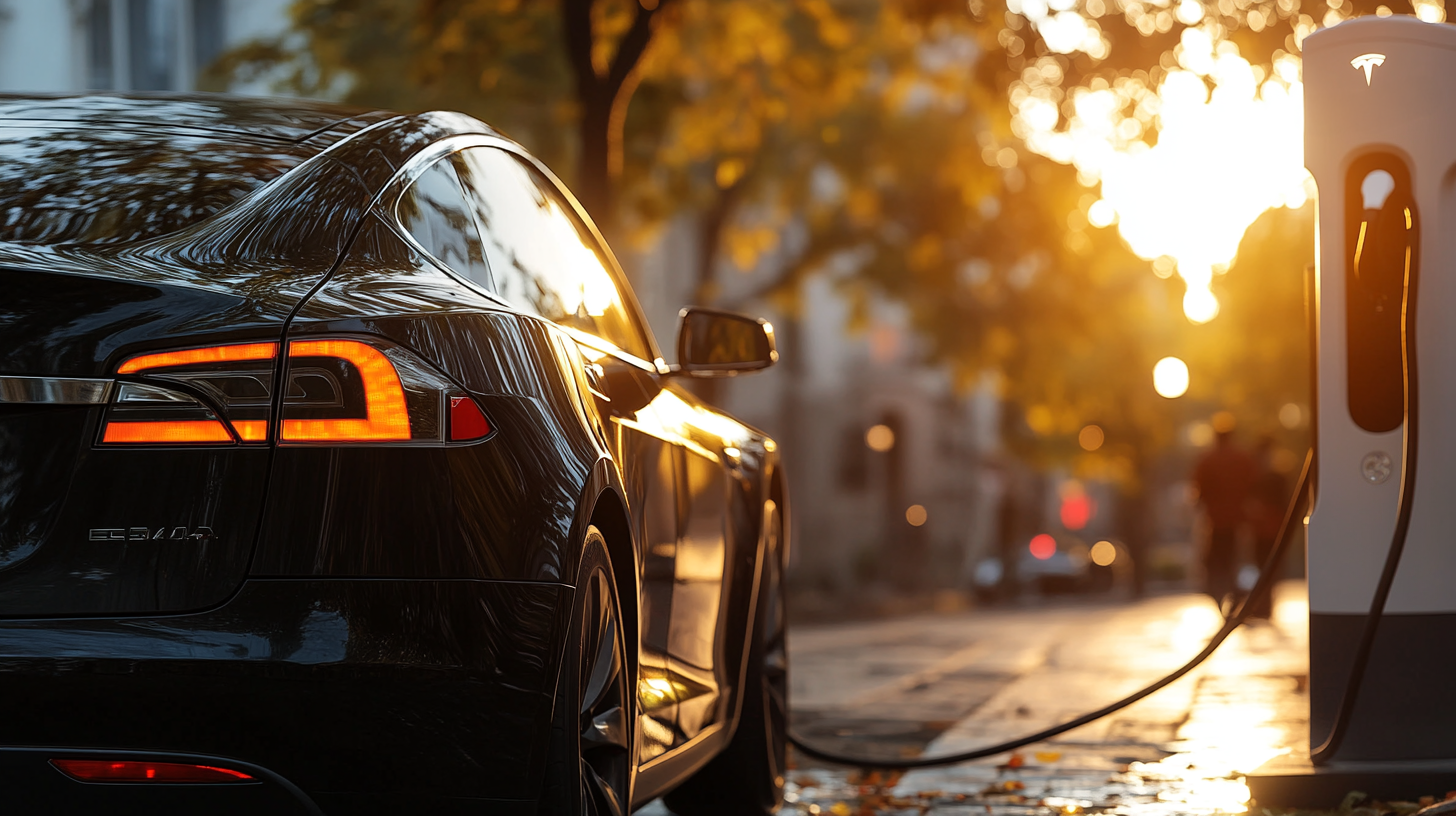Samsung Electronics has signed an eight-year, $16.5 billion contract to manufacture Tesla’s next-generation artificial intelligence chips, marking a major milestone in both companies' strategic plans. The deal, announced in a regulatory filing and confirmed by Tesla CEO Elon Musk, is Samsung’s largest-ever contract from a single customer and represents 7.6% of the company’s projected 2024 revenue, according to the Financial Times.
The chips, known as AI6, will be produced at Samsung’s fabrication facility in Taylor, Texas, part of a $40 billion U.S. investment package supported by subsidies from the Chips and Science Act. The chips are intended for use in Tesla’s autonomous driving systems, humanoid robotics, and potentially in its data centre infrastructure to train video-based AI models.
The announcement gave Samsung shares a 6% boost and signals a meaningful turnaround opportunity for its struggling chip foundry business. The deal also positions Tesla to gain more control over its hardware pipeline and reduce dependency on external GPU suppliers like Nvidia and AMD.
Turning Around Samsung’s Foundry Business
Samsung’s contract chipmaking division has faced challenges over the past year, reporting an estimated ₩4 trillion (approximately $3 billion USD) operating loss in the first half of 2024. In particular, its Taylor, Texas fab had raised concerns due to delayed production schedules and difficulties in attracting anchor customers.
According to FT, analysts at Macquarie previously warned that the $17 billion Texas facility risked becoming a “big stranded asset” without a substantial client base. This Tesla contract immediately changes that narrative.
The agreement enables Samsung to begin operations at its Texas fab, improve chip yields—the percentage of usable chips per wafer—and develop its 2-nanometre process, which is essential to competing with global foundry leader TSMC.
Daniel Kim, an analyst at Macquarie, said the deal is “still meaningful regardless of its profitability,” as it gives Samsung an opportunity to prove its advanced node capabilities and strengthen its foothold in the U.S. semiconductor market.
Why Tesla Is Building Its Own Chips
Tesla’s decision to move chip manufacturing in-house reflects a broader industry trend toward custom hardware development. Like Apple, Amazon, and Google, Tesla is looking to optimise performance, reduce latency, and cut costs by designing silicon tailored specifically to its workloads.
The AI6 chip is expected to support Tesla’s Full Self-Driving (FSD) ambitions and expand the company’s progress in robotics. During a recent earnings call, Musk also noted that the chip may be used in data centres to reduce reliance on general-purpose GPUs. This would represent a significant shift in Tesla’s compute infrastructure—currently reliant on expensive and hard-to-source GPUs from Nvidia.
On X (formerly Twitter), Musk emphasized the strategic value of the Samsung partnership and said he would “walk the line personally” to help maximise the production efficiency of the Taylor fab. “The fab is conveniently located not far from my house,” he added, reinforcing Tesla’s hands-on approach to the collaboration.
While Samsung is a South Korean company, the fact that these chips will be manufactured in Texas is significant. Under the Chips and Science Act, the U.S. is actively encouraging the domestic production of advanced semiconductors, viewing them as essential to national security, innovation, and economic competitiveness.
The Samsung–Tesla partnership helps align with these goals. It enhances the resilience of U.S. supply chains, reduces reliance on overseas chip production—particularly from Taiwan, where TSMC dominates—and lays the groundwork for additional public-private collaboration in the high-performance computing sector.
Moreover, the deal could encourage other tech firms to consider Samsung as a viable alternative to TSMC, especially if the Texas fab achieves consistent yields and meets performance benchmarks.
Growing Demand for Custom AI Hardware
The Samsung–Tesla deal comes amid a surge in demand for application-specific AI chips. According to Statista, global spending on AI systems is projected to grow from $154 billion in 2023 to over $407 billion by 2027, with a large portion of that tied to custom hardware development and high-efficiency compute resources.
Meanwhile, McKinsey’s 2024 Global AI Survey found that more than 55% of companies are already using AI in at least one business unit, with increasing adoption across logistics, customer support, and product development. As AI applications diversify and expand, demand for efficient, scalable, and purpose-built chips is rising.
By developing its own silicon and securing a dedicated production partner, Tesla is following a well-established trend—but with its own unique hardware goals and use cases. These include real-time video processing, sensor fusion, and on-device inference for autonomous systems, all of which require highly optimised silicon.
Samsung’s win could disrupt the competitive landscape for global chip foundries. TSMC, which currently dominates with over 50% market share, had produced Tesla’s previous-generation AI5 chip. The decision to switch suppliers indicates that Samsung’s offering has matured and that Tesla is confident in the South Korean giant’s roadmap.
This shift also reflects the growing importance of flexibility and geographic diversification. With geopolitical risks and capacity constraints affecting global supply chains, companies like Tesla are increasingly seeking suppliers who can deliver not just performance—but also strategic alignment, proximity, and collaborative control.
Samsung’s Taylor fab offers just that, and if it performs well, it could open the door to more U.S.-based orders from companies wary of putting all their chips in one basket.
Although some analysts have raised concerns that Samsung may have offered Tesla favourable pricing to secure the deal, the long-term value of the agreement may outweigh short-term margin considerations.
Securing a customer like Tesla helps validate Samsung’s foundry technology, gives the company experience on advanced 2nm processes, and establishes a visible presence in North America’s competitive semiconductor market.
It also supports Samsung’s larger objective of reducing reliance on memory chips—which have suffered from price drops and sluggish demand—and repositioning its business around high-performance logic and AI accelerators.
Conclusion
The $16.5 billion Samsung–Tesla contract is more than a commercial win—it’s a signal of broader industry shifts. For Samsung, it’s a step toward revitalising its foundry business and proving its capabilities at the leading edge of chipmaking. For Tesla, it reflects a growing commitment to custom AI hardware and deeper control over its core technologies.
For the industry at large, the deal reinforces key themes shaping the next decade: localised manufacturing, application-specific design, and more integrated partnerships between tech firms and their suppliers.
If the partnership delivers as intended, it could spark a wave of similar arrangements—redefining not just who makes the chips, but where and how they’re made.







